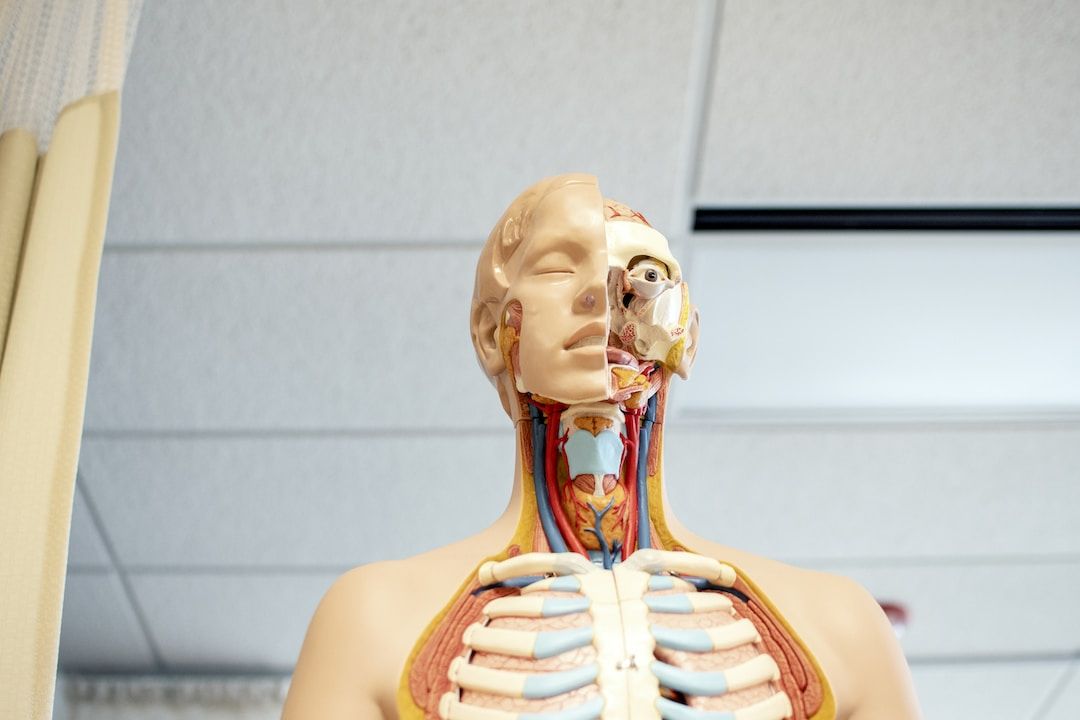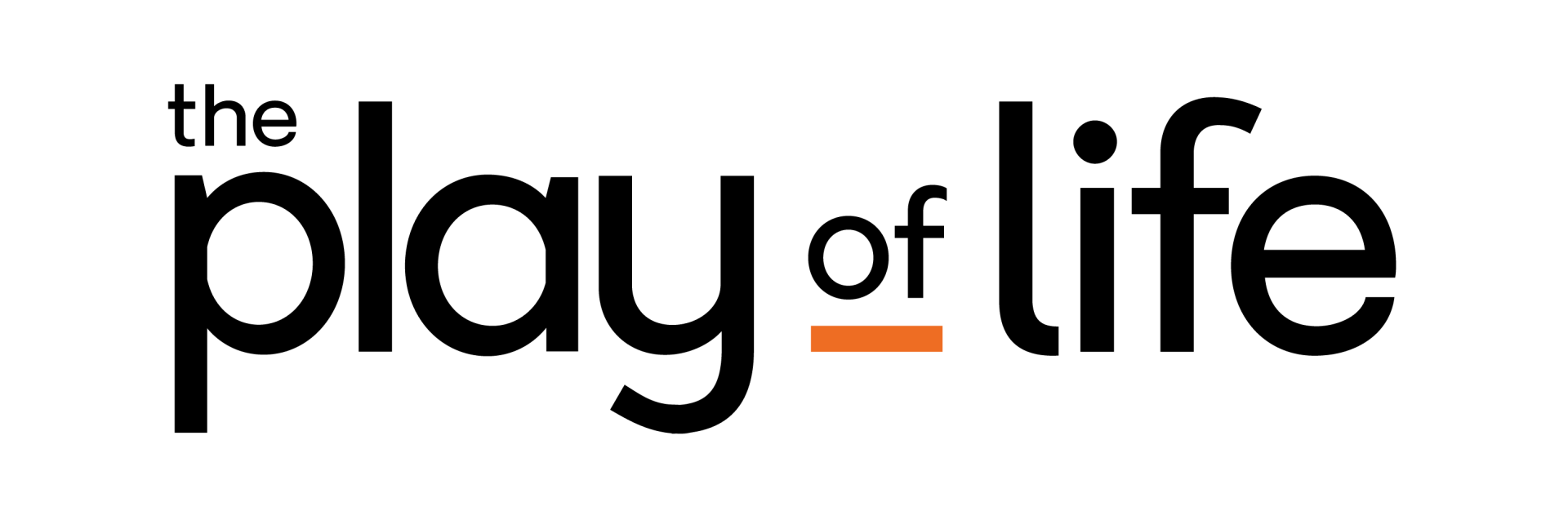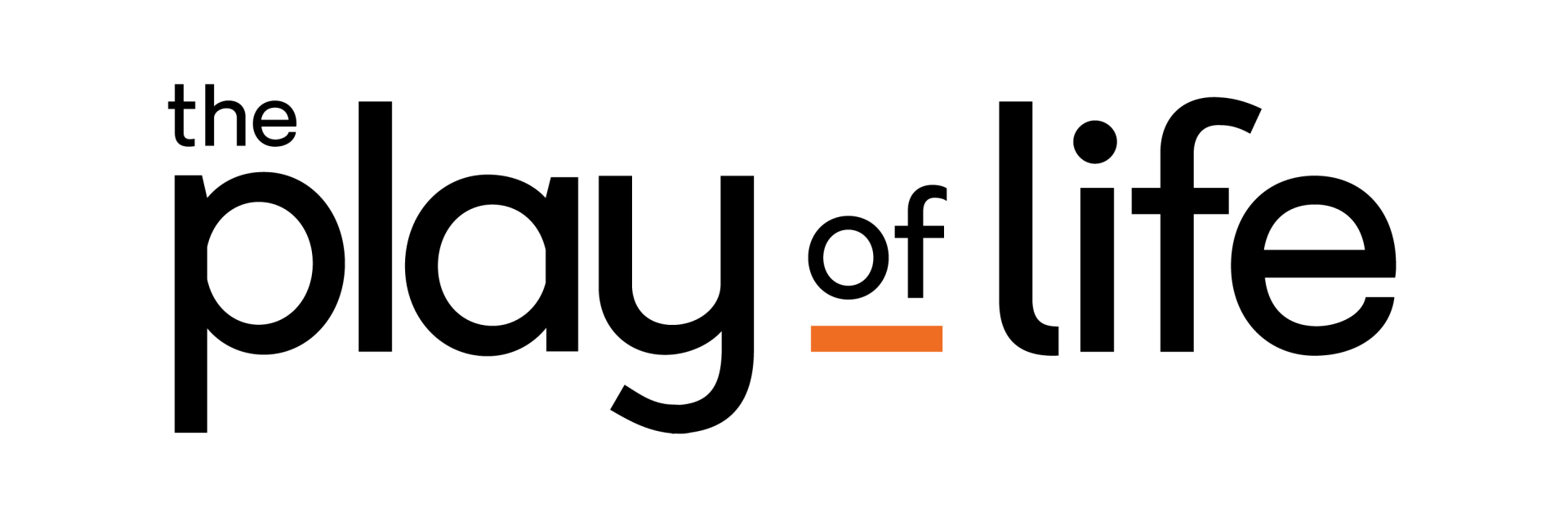This article is part of the Communication and Collaboration Series
Summary:
This article, part of the Communication and Collaboration Series, draws parallels between nature's processes and human interaction. Using the metaphor of bodily metabolism, it highlights how effective communication mirrors digestion, involving absorption and appropriate release. Misaligned responses, akin to bodily disruptions, can lead to unconstructive communication patterns and relational challenges. The text emphasizes the importance of responding wisely and fostering a culture of trust, growth, and effective collaboration. It underscores the role of choice and personal agency in shaping responses, echoing Viktor Frankl's wisdom.
Let's chat
Nature and biology are great teachers from where we can learn about systems and processes and use them as metaphors for living.
We know that everything that comes into our body must go out; otherwise, we’ll become sick and may even die. The following metaphor is taken from physiology. It may sound rather grotesque, but it’s a reality for everyone, independent of our social position, experienced by the rich and the poor. It’s the metabolism part of the digestion process. Whatever we eat will be broken down into small particles that will be absorbed as nutrients, called anabolism, and the rest is excreted through the lungs, kidneys, skin, and digestive system, called catabolic waste. This process is regulated through homeostasis and temperature regulation.
.
It’s like a car engine where fuel comes into the injectors,
creating the energy to move the pistons to move the car,
and the exhaust expels what is not necessary.
There is a great difference in energy savings between
the body and engine; the engine makes the body operate
all its functions at only 36o without much noise,
while the car’s engine works at 80-100 degrees,
producing a loud noise to operate!
.
As the car has an exhaust, the body has effective mechanisms to control ‘when’, ‘where’ and ‘how’ to expel what is unnecessary. In a functional scenario, when we know that it’s time to excrete waste, we have clear signals that allow us to take time and head towards a private place to undergo the expelling process. We find a private place and close the door; we leave behind what is unnecessary anymore, leaving this designated place and its specific ambience, and feel relieved, lighter, with a sense of accomplishment. It is a success story of completing the food intake and digestion cycle. It’s good for the individual, as well as for those around him or her. Everyone is happy!
.
When the system is not functional due to consistent inappropriate intake or a glitch in the body, the body’s owner may not be able to perceive the signs that the waste has to be dealt with and not able to control the ‘when’, ‘where’ and ‘how’ to do the business. It may occur in the wrong place at the wrong time. The person may feel sick and throw up or develop colic and diarrhea, both embarrassing and messy experiences. Or the intake gets stuck in the system, resulting in constipation, which will eventually burst out anyway. This is an inappropriate way of completing the cycle. I must apologise again for using this type of example to make this case. This is not good for the individual who has suffered colic pains, discomfort, feeling embarrassed and experienced a lack of control. We also know that it’s not good for those around them either.
.
This same metaphor applies to interpersonal communication. Whatever we experience in relationships, through our senses, what we hear, including body language and in a specific environment, is absorbed by the mind that will respond, as we cannot - not respond. The type of response will be a key step to build, drain or confuse communication. It will affect the one that responds and the other. The appropriate way will depend on when, how, and what we respond. We use the active role theory to name how we respond, which can be constructive, fragmenting, or ambivalent.
.
Using this not-pleasant example, we experience communication satisfaction when we absorb what the other person is communicating, process it, and respond in the right place, at the right time and with the right format what we want to respond; it’s likely that the other person will appreciate the interaction and will respond accordingly. After that interaction, you close the door and get ready for what life presents next. And we act at a low temperature and without much noise as humans, not machines.
.
But we’re not so clever; we don’t process information well, as we taint everything with our perceptions. We don’t absorb or metabolise the information, and we respond appropriately. We use more heat than necessary, sometimes with much noise, like a robot responding mechanically to the stimulation.
Let’s look at some examples.
We mentioned that we cannot - not respond. Let’s look at a situation when what we have experienced has not been absorbed or metabolised, making us respond immediately without any control, like throwing up at high temperatures and usually in the wrong place and time. Have you experienced responding in such a way? or that you’ve been on the receiving end? It's not nice either way. But sometimes, as adrenaline is high, expressed in the heat of the conversation, we feel pleasure responding in that way, finding ourselves regretting it later.
.
Sometimes, we have processed the information, but we cannot hold it in waiting for the right time for ourselves and others to “express” our content appropriately, and we go for it, losing control, in diarrhea type of sharing. It may have been the right time for me, but not for the other person. We may also feel great as we purged ourselves, but we created a mess that would need to be cleaned up later. Have you ever been on the receiving end of that? It's not nice either.
.
On the other hand, we don’t know when, where or how to express our thoughts and emotions, keeping everything in, becoming emotionally constipated. Experiences common in domestic – family abuse, low self-esteem, fear of losing a relationship or a job, etc. But, as we say, everything that comes in must come out, and there are no exceptions. It will come up through psychosomatic and emotional disorders, addictions, self-harm, etc. And when it comes up, it is never pretty. Not nice, either.
.
Those not constructive responses could happen now and then that do not create a major issue in relationships; we are humans, and we often behave in not wise ways. Building tolerance and understanding while learning new ways of responding helps us build relationships of trust and joy. But, when those types of responses are repetitive and become familiar, it creates a relational culture that is not easy to change; it’s called Cultural Conserve.
We all need to learn ways of responding appropriately to every situation through effective communication that will lead to win–win collaboration. In the active role language is playing constructive roles. This, in turn, creates a culture of mutual trust and growth where every party enriches the best of themselves and enjoys a good life.
.
I hope this “interesting” metaphor helps you assess how you communicate by assessing how you respond, meaning the roles you play, to what confronts you, and to learn better ways of communicating.
The key to effective relationships rests on One Thing: How we respond to stimulation based on the active roles we play.
We frequently use Victor Frankl’s teaching, reminding us that we can have agency and control over how we respond.




